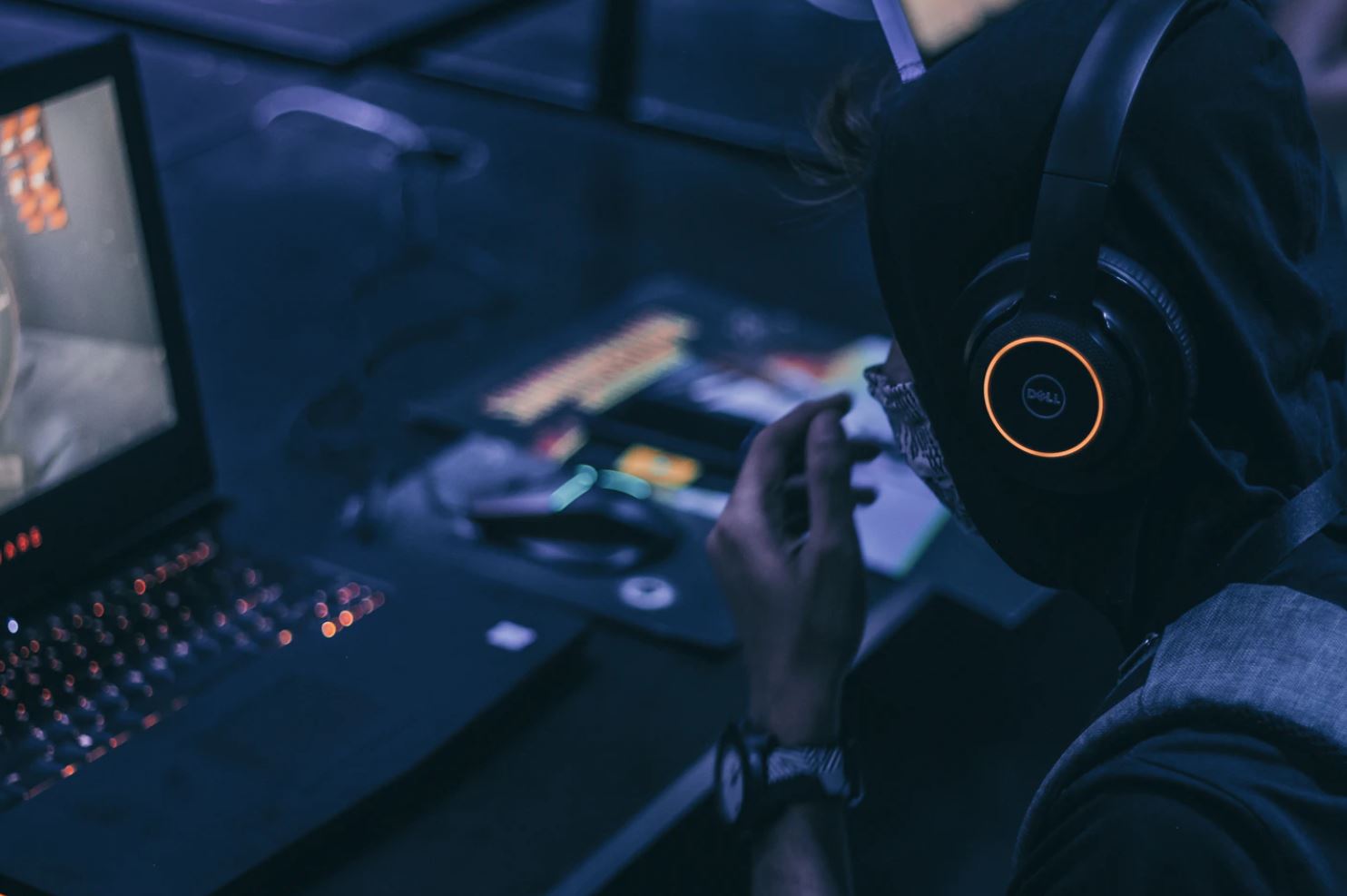Ex-Goldman Sachs Exec Predicts Major Gains for Crypto Gaming and New Blockchains
02.09.2024 20:00 2 min. read Alexander Stefanov
Raoul Pal, CEO of Real Vision, is forecasting a significant upswing in the cryptocurrency sector, especially within the gaming niche.
During a recent appearance on the Empire podcast, Pal, a former Goldman Sachs executive, discussed his belief that gaming applications are on the verge of a major breakthrough that could drive considerable growth in the digital asset space.
Pal noted that the introduction of gaming into blockchain technology is reaching a critical phase, which he expects will lead to substantial progress for the industry.
He also believes that this anticipated growth won’t be confined to gaming alone. Pal anticipates a broad transition from Web2 to Web3, which will enhance user adoption across various digital platforms.
“We’re witnessing a shift from the traditional internet to a new, decentralized internet. This change is expected to gain momentum rapidly, setting the stage for a new growth cycle.”
In addition to these trends, Pal forecasts significant potential gains for cryptocurrencies like Solana (SOL), which he predicts could see a tenfold increase, and Bitcoin (BTC), which he expects to rise four to five times from current levels. He also hinted at a forthcoming opportunity in another layer-1 blockchain, suggesting that new projects in this space could offer high returns, though they might face considerable volatility.
Pal’s insights suggest that the cryptocurrency market is on the brink of substantial transformation, driven by advancements in gaming and emerging blockchain technologies.
-
1
German State-Owned Development Bank Issues €100 Million Blockchain Bond
11.07.2025 7:00 2 min. read -
2
Tether Ends Support for Five Blockchains in Infrastructure Shift
12.07.2025 11:30 2 min. read -
3
Cardano and Ethereum Lead in Developer Activity as GitHub Commits Surge
14.07.2025 12:00 1 min. read -
4
BNB Chain Upgrades and Token Delistings Reshape Binance Ecosystem
16.07.2025 22:00 2 min. read -
5
Ripple Powers UAE’s First Tokenized Real Estate Project via XRPL
16.07.2025 21:00 2 min. read
Chainlink Partners With Westpac and Imperium to Tokenize Finance in Australia
Chainlink has announced a major institutional partnership with Westpac Institutional Bank and Imperium Markets as part of Project Acacia—a joint initiative involving the Reserve Bank of Australia and the Digital Finance Cooperative Research Centre (DFCRC).
BNB Chain Upgrades and Token Delistings Reshape Binance Ecosystem
Binance continues to refine its ecosystem in 2025, with major updates spanning performance upgrades, token listings and removals, and new token launches—all reinforcing its focus on scalability and innovation.
Ripple Powers UAE’s First Tokenized Real Estate Project via XRPL
Ripple has taken a major step in expanding its institutional digital asset infrastructure in the Middle East by partnering with Ctrl Alt to support Dubai’s first government-backed real estate tokenization initiative.
Cardano and Ethereum Lead in Developer Activity as GitHub Commits Surge
Recent GitHub data reveals which blockchain ecosystems and individual projects attracted the most developer attention last week—a key signal of long-term project strength.
-
1
German State-Owned Development Bank Issues €100 Million Blockchain Bond
11.07.2025 7:00 2 min. read -
2
Tether Ends Support for Five Blockchains in Infrastructure Shift
12.07.2025 11:30 2 min. read -
3
Cardano and Ethereum Lead in Developer Activity as GitHub Commits Surge
14.07.2025 12:00 1 min. read -
4
BNB Chain Upgrades and Token Delistings Reshape Binance Ecosystem
16.07.2025 22:00 2 min. read -
5
Ripple Powers UAE’s First Tokenized Real Estate Project via XRPL
16.07.2025 21:00 2 min. read


